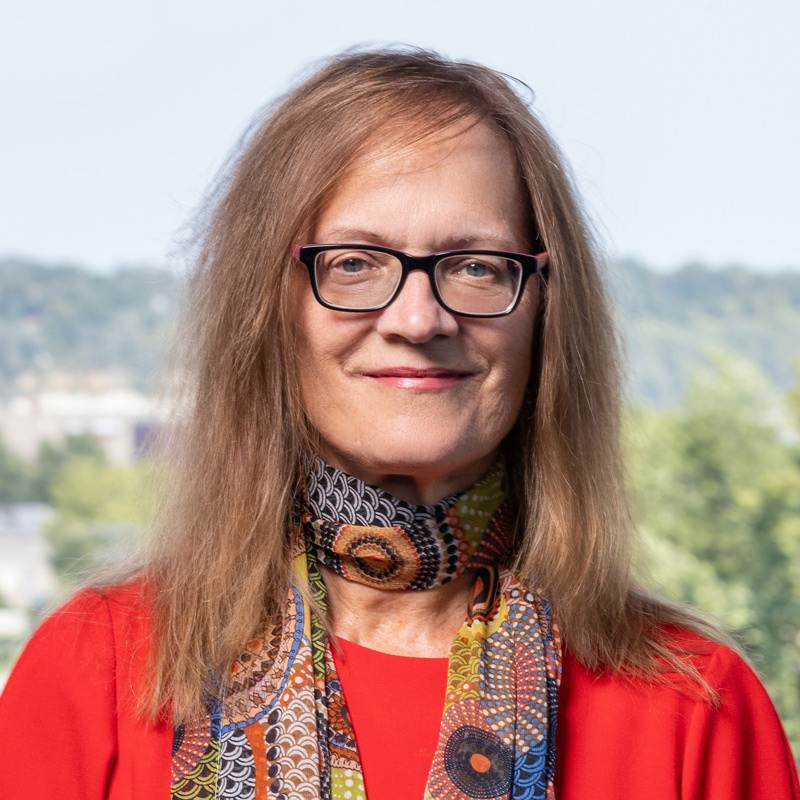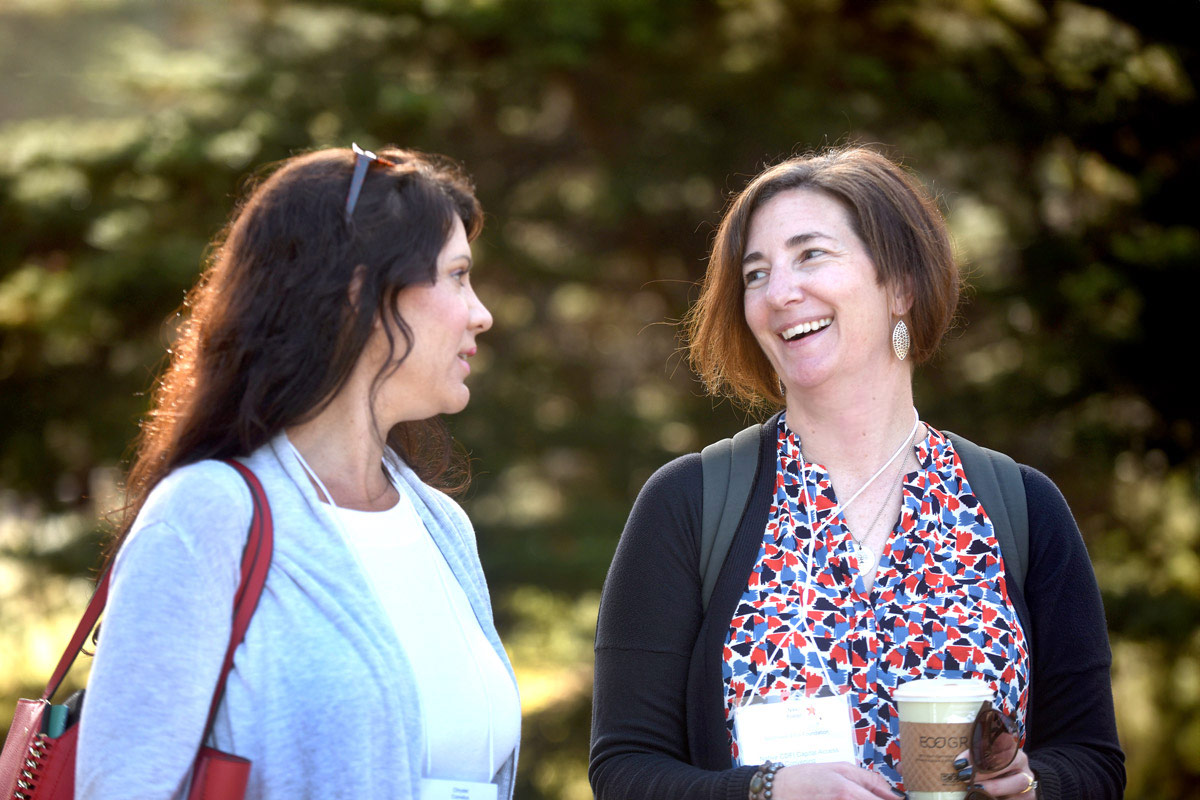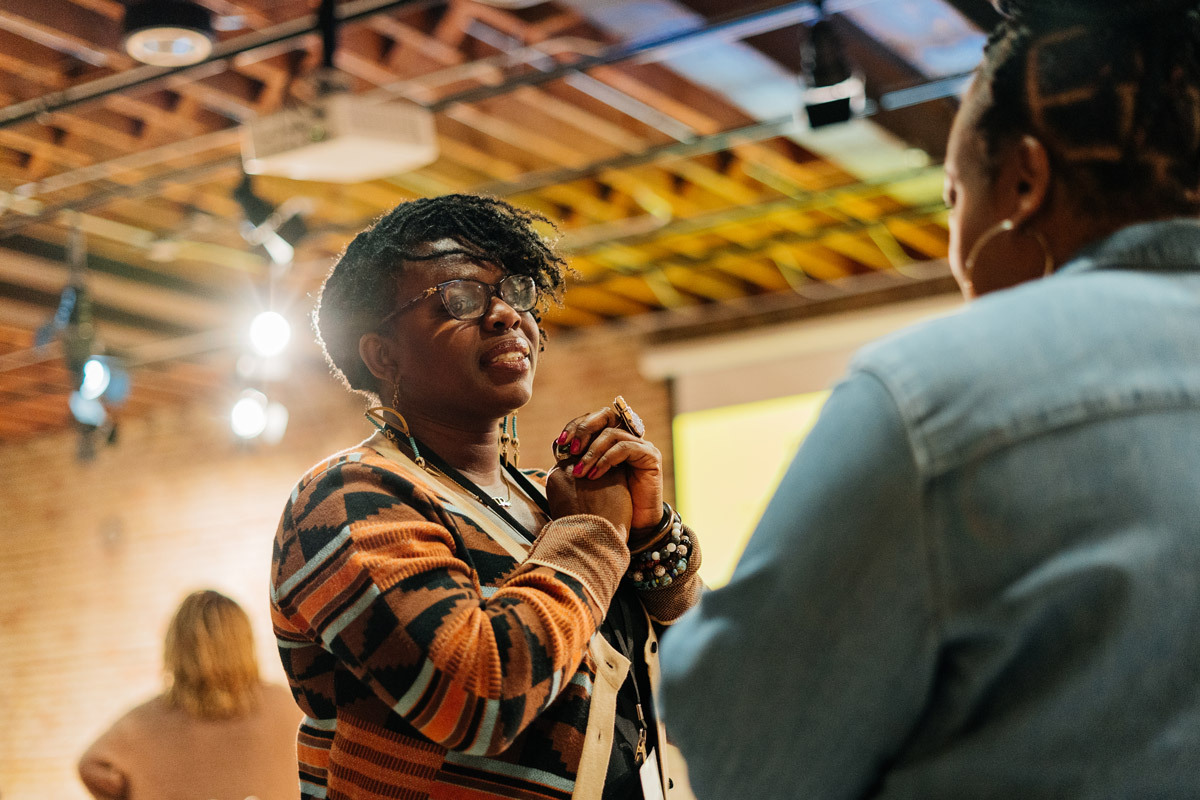Systems change refers to efforts to root out injustices from our systems so they truly serve the needs of our priority communities, and all communities.
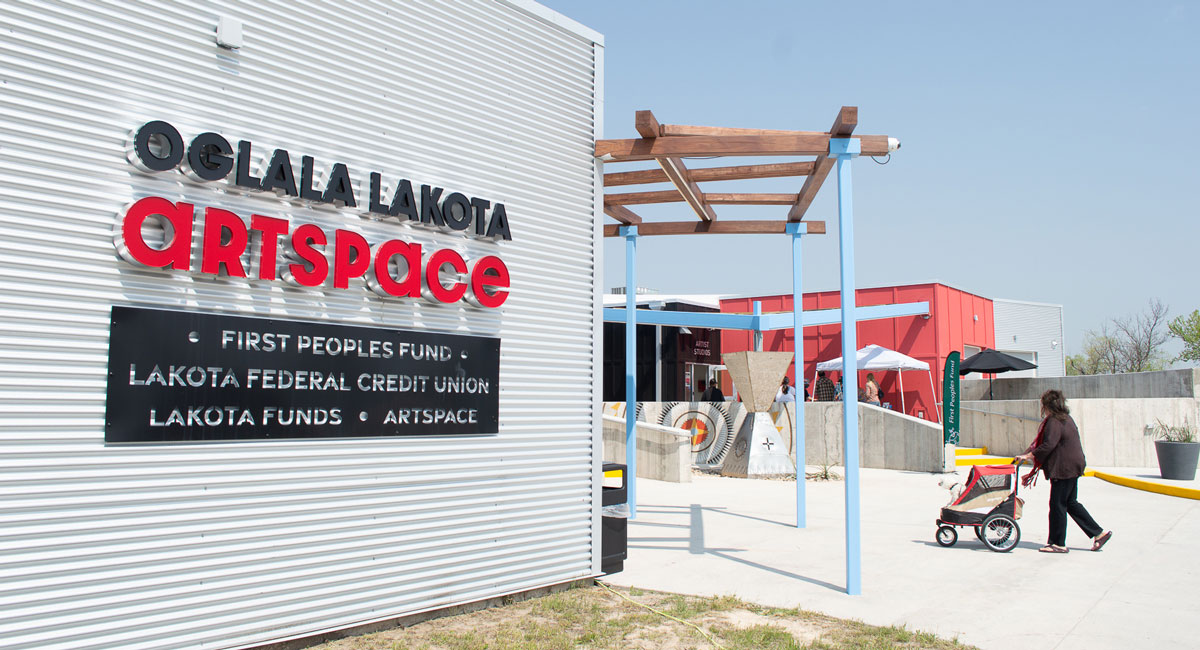
Oglala Lakota Artspace on the Pine Ridge Reservation in Kyle, SD. Photo courtesy of First Peoples Fund.
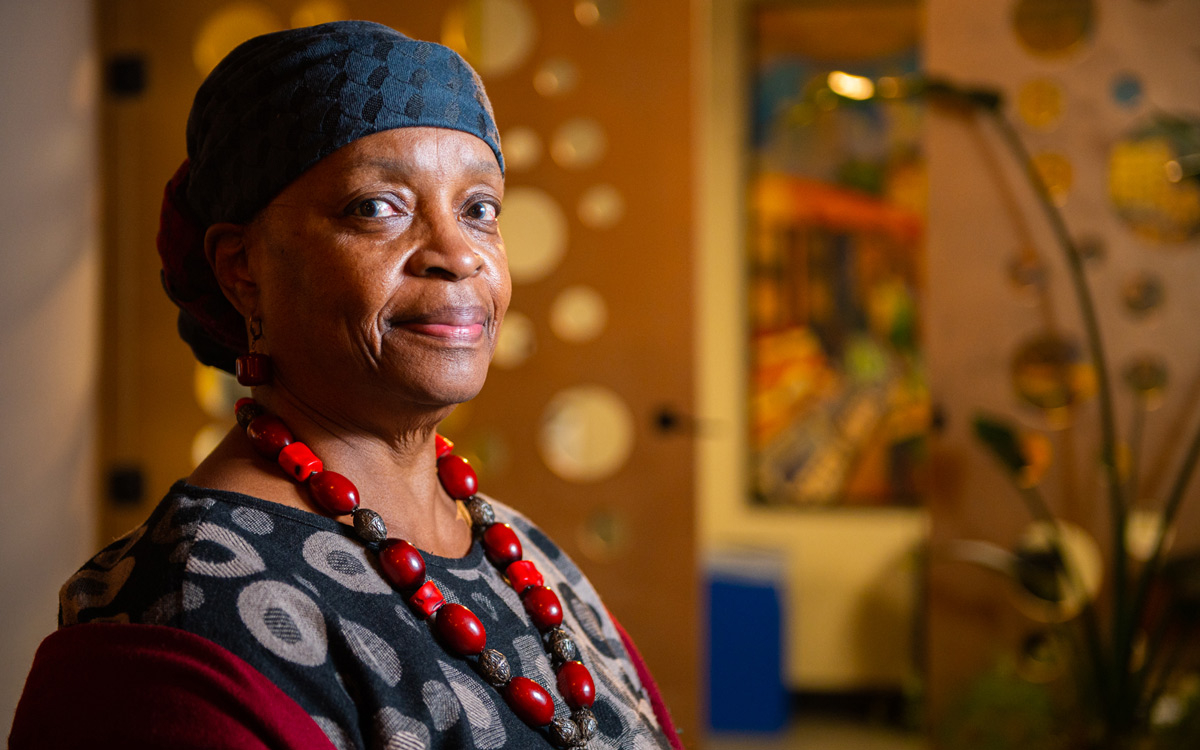
Atum Azzahir, CEO, Cultural Wellness Center. Photo courtesy of Cultural Wellness Center.
Systems change can be described as “changing core beliefs about us in relationship to other people.”
Atum Azzahir
CEO, Cultural Wellness Center
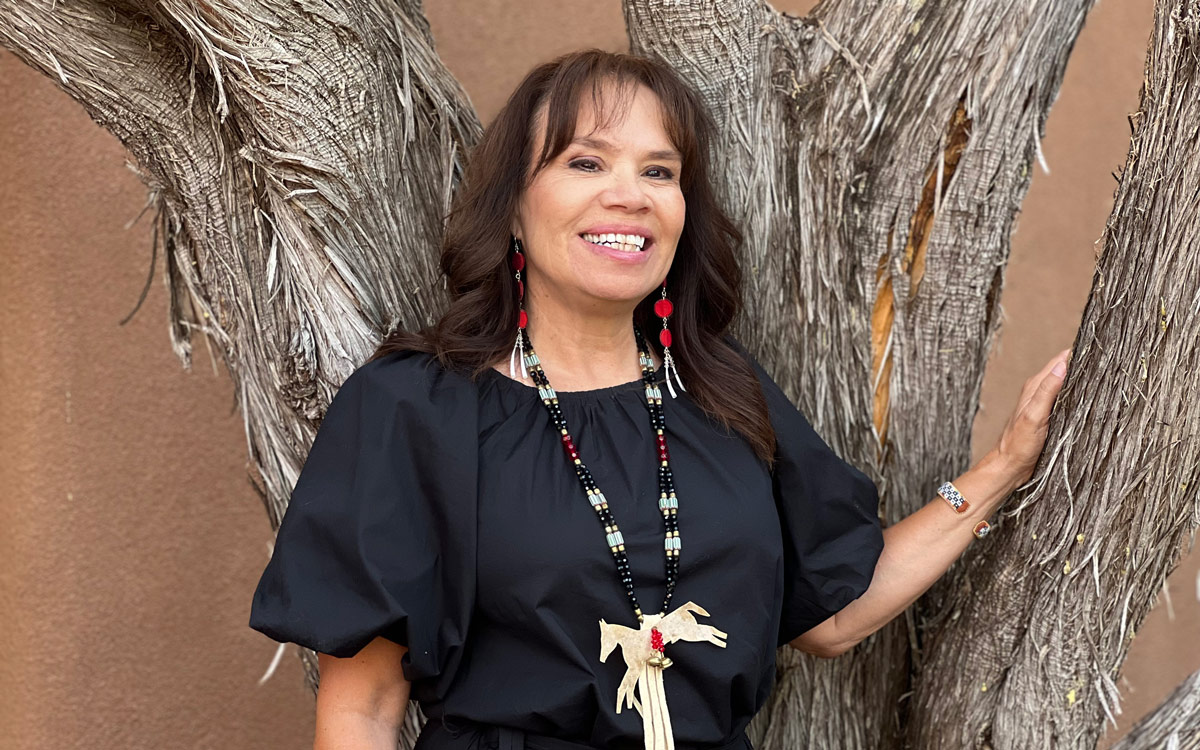
Lori Pourier (Oglala Lakota), president and CEO, First Peoples Fund. Photo courtesy of First Peoples Fund.
“We begin changing broken systems by investing first and foremost in system change for individuals—particularly artists and culture bearers, [who] play a significant role in bringing spirit back to community…. It ripples out in concentric circles: first to their families, then their community and region and, ultimately, nationally.”
Lori Pourier (Oglala Lakota)
President and CEO, First Peoples Fund
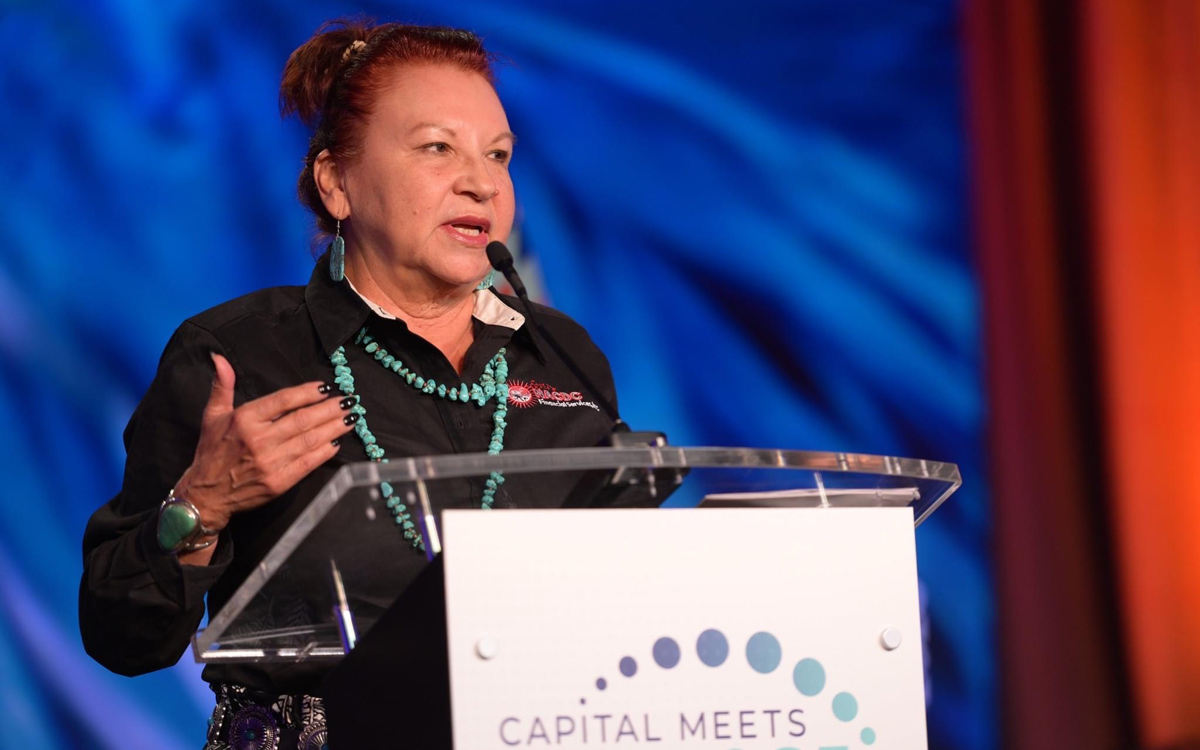
Angie Main (Fort Belknap Gros Ventre), executive director, NACDC Financial Services, Inc. Photo courtesy of NACDC.
“The systems we’re dealing with are decades old for one reason or another. And we keep wasting time on antiquated systems that challenge our actual work: providing loans, training, and technical assistance.”
Angie Main (Fort Belknap Gros Ventre)
Executive Director, NACDC Financial Services, Inc.
Photo top, from left: Waylon Gaddie (Lakota), Helene Gaddie (Lakota), and Lori Pourier (Oglala Lakota) at We The Peoples Before, First Peoples Fund’s 25th anniversary celebration at the Kennedy Center in Washington, DC. Photo courtesy of First Peoples Fund.

